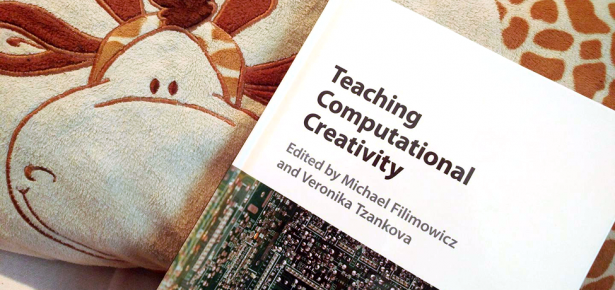
Recently Tim Cook – Apple’s CEO and an industrial engineer by profession – warned against the dangers that new technologies present to humanity. On June 9th 2017, Cook delivered MIT’s commencement speech[1] posing some interesting moral questions which are becoming more prominent in technology leadership circles:
I’m not worried about artificial intelligence giving computers the ability to think like humans. I’m more concerned about people thinking like computers without values or compassion, without concern for consequences. That is what we need you to help us guard against. Because if science is a search in the darkness, then the humanities are a candle that shows us where we’ve been and the danger that lies ahead. (youtube, 16:35)
Cook clearly articulates that in an age of fast changes and impacts of computation, humans need to be at the center of technological development. We are in an urgent need of integrating scientific thinking, moral values, artistic expression, design and human sensibilities. These are some of the themes addressed in our volume Teaching Computational Creativity. Our initial intention behind this project was to create a platform for conversation that can serve instructors of computational media and design from diverse areas of inquiry. Now that digital technologies are an inseparable part of our everyday realities, their social and moral impacts have become undeniable. As Cook accurately notices, it is “technology married with the liberal arts married with the humanities” (youtube, 17:20) that makes technological development not only possible, but also meaningful.
As educators in the field of interactive technologies, we come at these complex problems from pedagogical angles. Educators are in a position to affect change by training the next generations to think, create, and innovate beyond disciplinary boundaries. Computational creativity is a new curricular site for synthesizing diverse knowledge, skills, methodologies and tools which cut across potentially all the silos of the academy, a theme we are taking up in our next research project which examines the relationship between maker and research cultures.
[1] Apple CEO Tim Cook Delivers The 2017 MIT Commencement Speech via TIME
Latest Comments
Have your say!